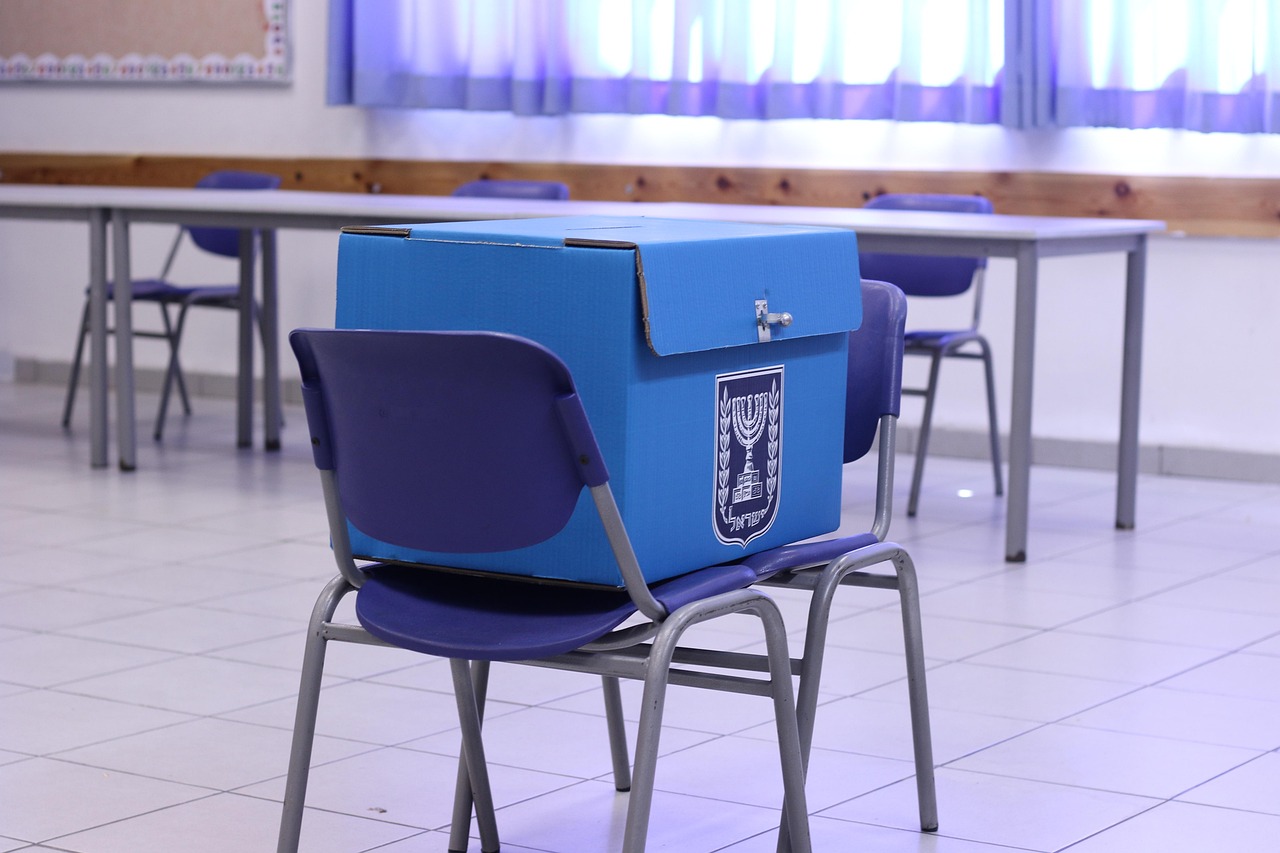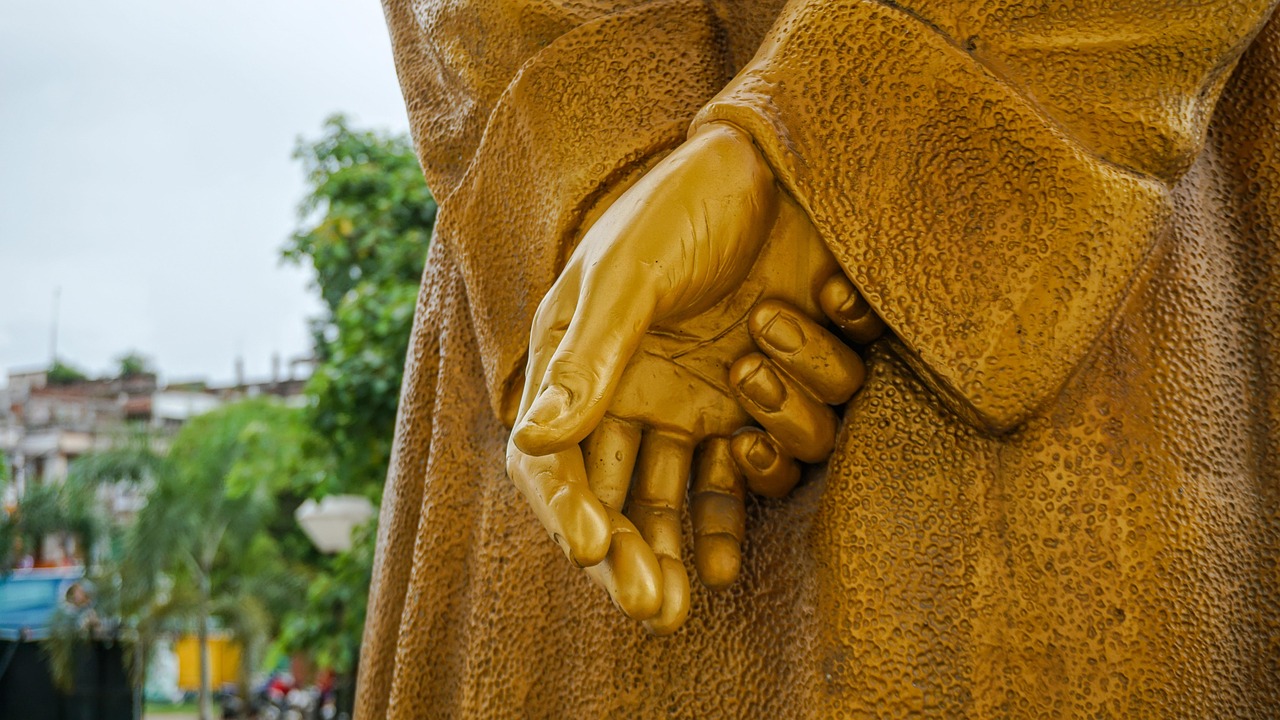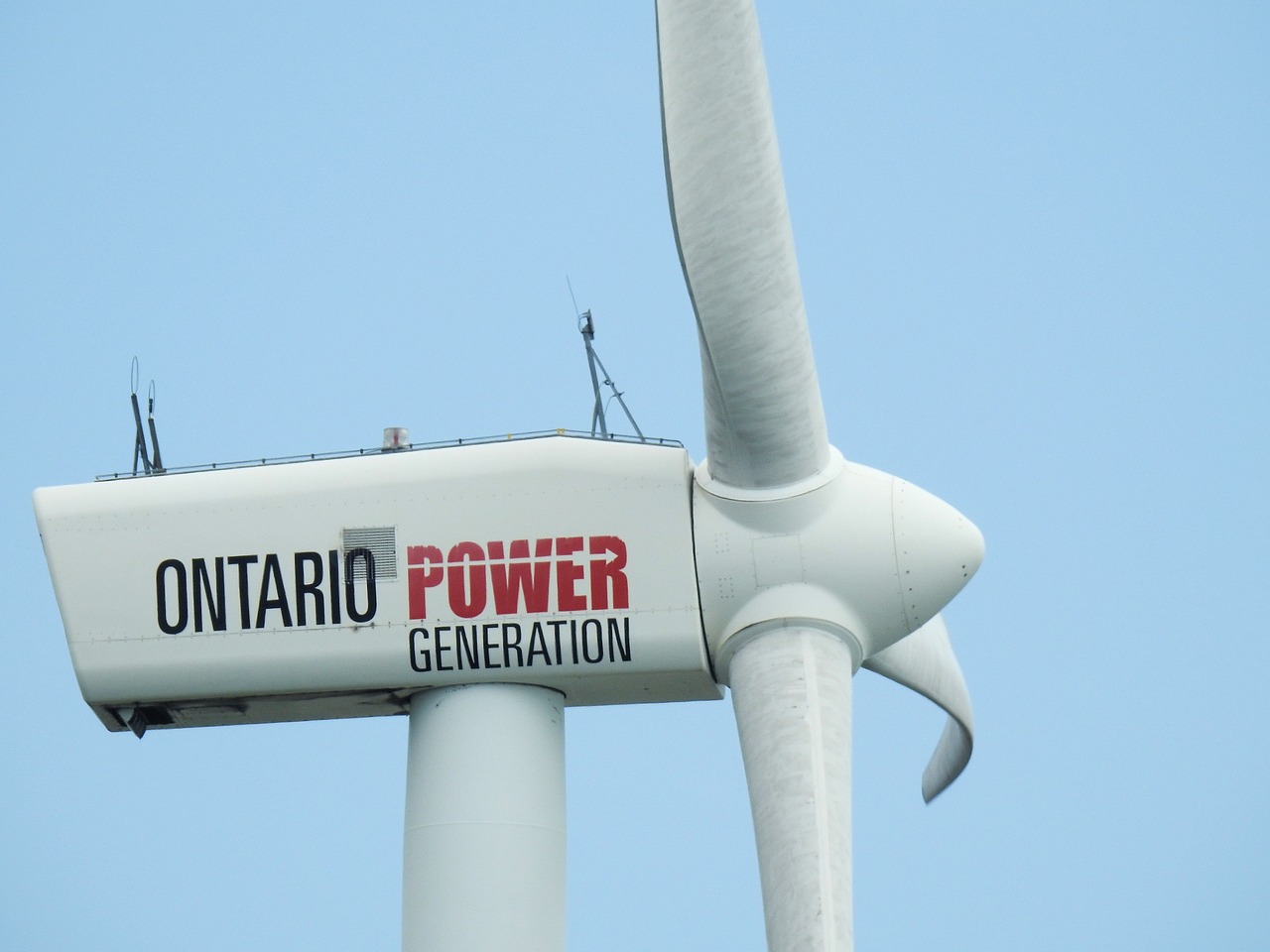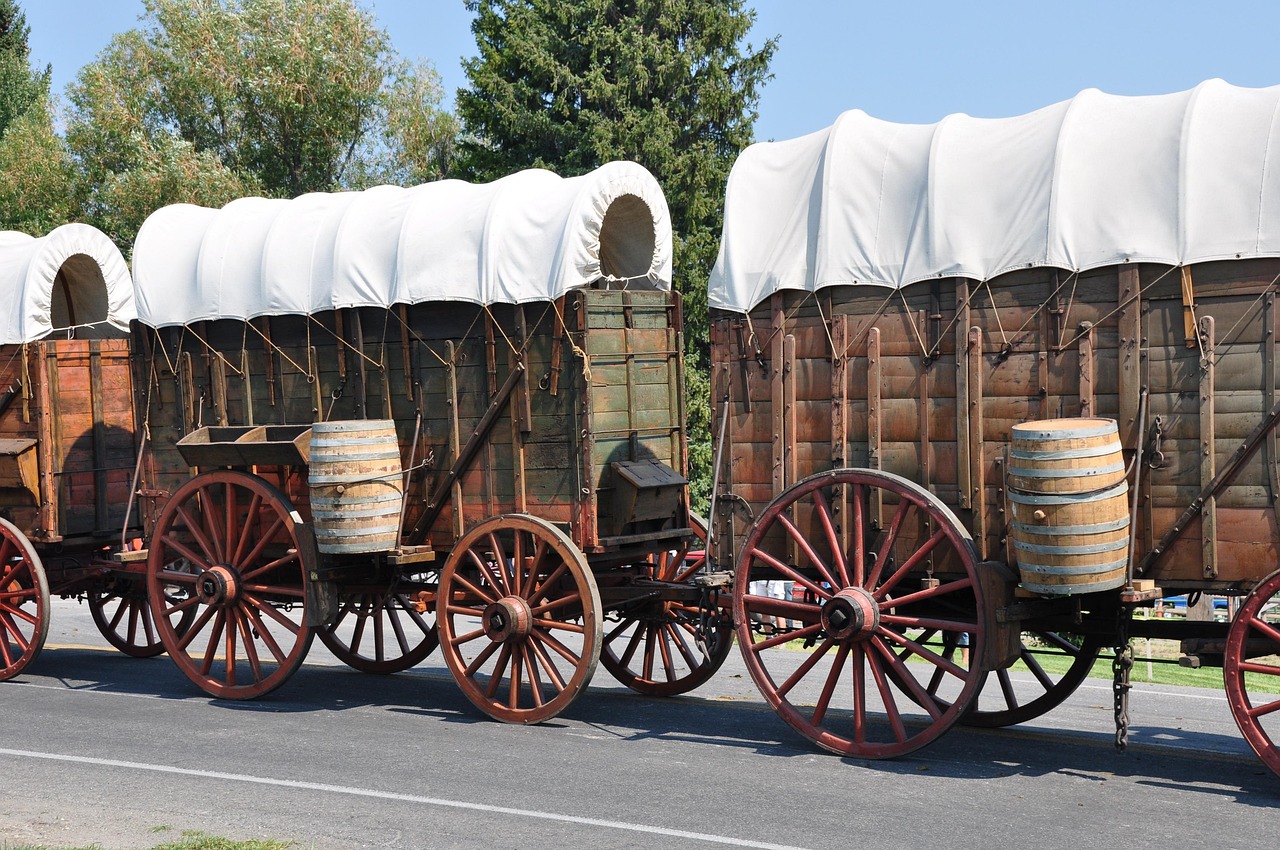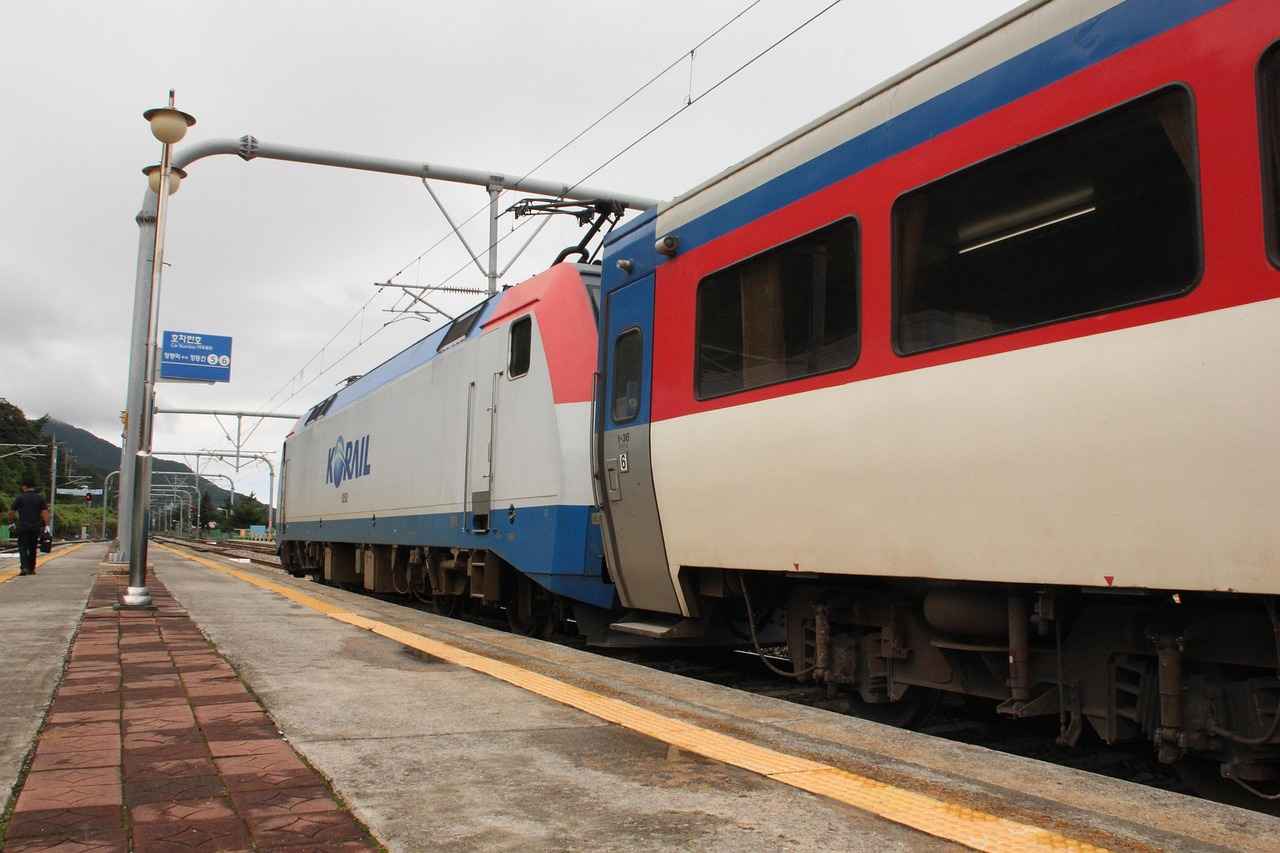This article provides a comprehensive overview of the upcoming municipal elections in West Bengal, covering key details, processes, and implications for the local governance landscape. As the elections draw near, understanding the electoral framework becomes essential for voters and candidates alike.
Understanding the Municipal Election Process
The municipal election process in West Bengal comprises several stages. These include voter registration, candidate nominations, and the actual voting procedure, all overseen by the Election Commission. Each of these stages plays a crucial role in ensuring a fair and transparent electoral process.
Key Dates and Timelines
Awareness of key dates is vital for both voters and candidates. Below is a table outlining the election schedule:
| Event | Date |
|---|---|
| Nominations Open | March 1, 2024 |
| Nominations Close | March 10, 2024 |
| Polling Date | April 15, 2024 |
Voter Registration Deadlines
Voter registration is a crucial step in the electoral process. Citizens must ensure they register before the deadline to participate in the elections. The final date for registration is March 5, 2024.
How to Register Online
Registering online simplifies the process for many voters. Here are the steps:
- Visit the official Election Commission website.
- Fill out the online registration form.
- Upload the required documents.
- Submit the application.
Eligibility Criteria for Voters
Understanding who is eligible to vote is essential. The criteria include:
- Age: Must be at least 18 years old.
- Residency: Must be a resident of West Bengal.
- Citizenship: Must be an Indian citizen.
Candidate Nomination Process
The candidate nomination process is a key aspect of the elections. Candidates must file their nominations through the designated channels and meet specific requirements to stand for election.
Major Political Parties Involved
Several political parties will contest the municipal elections. Key players include:
- Trinamool Congress (TMC): The ruling party, focusing on local development issues.
- Bharatiya Janata Party (BJP): A significant contender with a strong campaign strategy.
Impact of Local Issues on Elections
Local issues such as infrastructure, sanitation, and public safety significantly influence voter behavior. Candidates will need to address these concerns to win support.
Community Engagement and Voter Awareness
Engaging the community is essential for a healthy democracy. Initiatives aimed at increasing voter awareness are crucial for enhancing participation.
The Role of Social Media
Social media plays a pivotal role in modern elections. Candidates are leveraging digital platforms to connect with voters and promote their agendas effectively.
Conclusion: The Future of Local Governance in West Bengal
As the elections approach, the outcomes will shape local governance in West Bengal. The implications of these elections will resonate with residents and influence political dynamics for years to come.
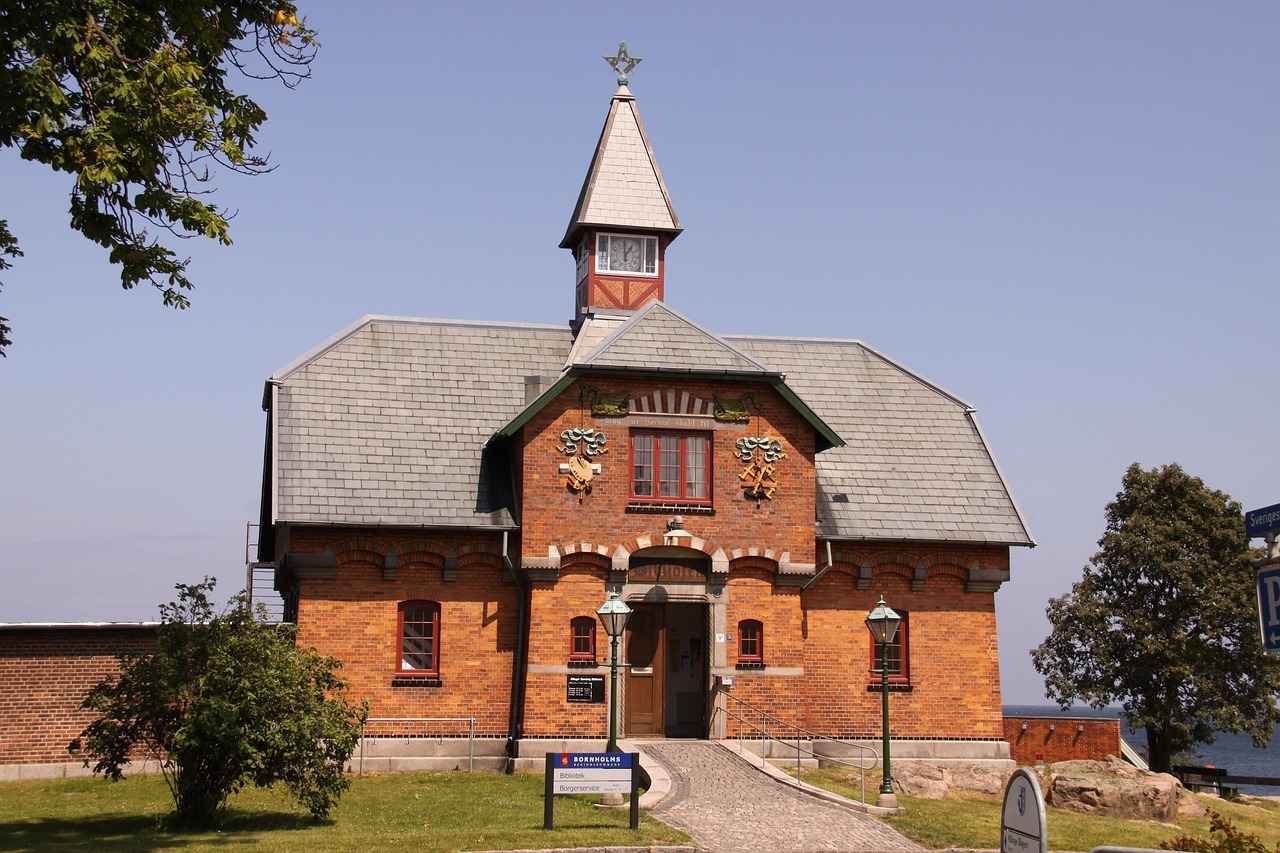
Understanding the Municipal Election Process
The municipal election process in West Bengal is a vital aspect of the state’s democratic framework. It encompasses various stages that ensure fair representation and participation of citizens in local governance. The primary stages include voter registration, candidate nominations, and the actual voting procedure, all meticulously overseen by the Election Commission.
Initially, the process begins with voter registration, where eligible citizens must enroll to vote. This step is crucial as it determines who can participate in the electoral process. The Election Commission sets specific deadlines for registration, and it is essential for voters to be aware of these dates to ensure their participation.
Following registration, the next stage involves candidate nominations. Individuals interested in contesting the elections must file their nominations within a specified timeframe. This process includes submitting necessary documents and fees, ensuring that candidates meet eligibility criteria set by the Election Commission. The transparency of this process is vital, as it allows voters to know who is standing for election and their respective platforms.
Once nominations are finalized, the campaigning period begins. Candidates and their parties engage with the electorate, presenting their agendas and policies. This phase is critical, as it influences voter perceptions and decisions. It is during this time that local issues, such as infrastructure, sanitation, and public safety, come to the forefront, shaping the discourse around the elections.
Finally, the voting procedure takes place, allowing registered voters to cast their ballots. The Election Commission implements measures to ensure a free and fair voting process, including the use of electronic voting machines and stringent security protocols. This stage culminates in the declaration of results, which will ultimately determine the local governance landscape in West Bengal.
In conclusion, the municipal election process in West Bengal is a comprehensive system designed to uphold democratic values. By understanding each stage, voters can actively participate and influence the future of their communities.

Key Dates and Timelines
are crucial for both voters and candidates in the electoral process. Understanding these timelines ensures that everyone involved is prepared and informed about their responsibilities and opportunities. This section provides a detailed overview of the election schedule, including important milestones such as nomination deadlines, campaigning periods, and the date of the polls.
To ensure a smooth electoral process, the following key dates should be noted:
| Event | Date | Description |
|---|---|---|
| Voter Registration Deadline | March 15, 2024 | Last date for eligible citizens to register to vote. |
| Candidate Nomination Period | March 20 – March 30, 2024 | Timeframe for candidates to submit their nomination papers. |
| Campaigning Period | April 1 – April 20, 2024 | Duration for candidates to promote their platforms and engage with voters. |
| Date of Polls | April 25, 2024 | Day when voters cast their ballots. |
Awareness of these key dates is essential for ensuring that all stakeholders are ready to participate effectively in the electoral process. Voters should make sure they are registered on time, while candidates must be diligent in meeting nomination deadlines and actively campaigning to reach their constituents.
In conclusion, staying informed about the of the upcoming elections is vital for fostering a well-informed electorate and ensuring a smooth electoral process. By adhering to these timelines, both voters and candidates can contribute to a vibrant democratic process.
Voter Registration Deadlines
Voter registration is an essential step in the electoral process, serving as the foundation for a functioning democracy. It ensures that all eligible citizens have the opportunity to participate in shaping their local governance. In West Bengal, as the municipal elections approach, it is crucial for voters to be aware of the registration deadlines to ensure their voices are heard.
The deadlines for voter registration can vary based on the electoral calendar set by the Election Commission. Typically, citizens must register well in advance of the election date. For the upcoming municipal elections, the last date to register to vote is 30 days prior to the election. This means that individuals must act quickly to ensure they are on the voter rolls.
To facilitate the registration process, the Election Commission provides several options for citizens. Voters can register online through the official website, which streamlines the process and allows for quick verification of their details. Additionally, there are provisions for in-person registration at designated offices, ensuring accessibility for all citizens.
It is important to note that eligibility criteria must be met to register. Voters should be at least 18 years old, a resident of West Bengal, and a citizen of India. Those who have recently moved or changed their names must update their information to avoid any issues on election day.
In summary, being proactive about voter registration is essential for participation in the upcoming municipal elections in West Bengal. Citizens should mark the registration deadline on their calendars and ensure they complete the process in a timely manner. By doing so, they can play an active role in shaping the future of their local governance.
How to Register Online
Registering to vote online in West Bengal is a straightforward process that aims to make participation in the democratic process easier for all eligible citizens. This guide outlines the necessary steps and documentation required for successful online voter registration.
Steps for Online Voter Registration
- Visit the Official Website: Start by navigating to the Chief Electoral Officer of West Bengal website.
- Create an Account: If you are a new user, you will need to create an account. This typically involves providing your email address and creating a password.
- Fill Out the Application Form: Complete the online application form with accurate personal details, including your name, address, date of birth, and other required information.
- Upload Required Documents: You will need to upload scanned copies of essential documents such as:
- Proof of Identity: Aadhar card, passport, or any government-issued ID.
- Proof of Residence: Utility bills, bank statements, or rental agreements.
- Submit Your Application: After verifying all information, submit your application. You will receive a confirmation message with a reference number.
- Track Your Application Status: You can track the status of your application on the same website using your reference number.
Important Points to Remember
- Ensure that all information provided is accurate to avoid delays.
- Keep your reference number safe for tracking purposes.
- Be mindful of the registration deadlines to ensure your eligibility to vote.
By following these steps, voters in West Bengal can easily register online, making the electoral process more accessible and efficient. This initiative not only empowers citizens but also strengthens the democratic framework of the state.
Eligibility Criteria for Voters
Understanding who is eligible to vote is essential for the democratic process, particularly in West Bengal where local governance plays a crucial role in citizens’ lives. This section outlines the key criteria that determine voter eligibility, ensuring that all potential voters are aware of the necessary requirements.
- Age Requirement: To be eligible to vote in West Bengal, an individual must be at least 18 years old on or before the date of the election. This age requirement is in line with national standards, ensuring that younger citizens have a voice in shaping their local governance.
- Citizenship: Only Indian citizens are eligible to vote. This criterion is vital as it ensures that the electoral process is conducted by individuals who have a legitimate stake in the country’s future.
- Residency: Voters must be residents of the area where they intend to vote. This means they must be registered in the electoral roll of the specific municipality or ward where they reside. Residency requirements help maintain the integrity of local elections by ensuring that only those who live in the area can influence its governance.
- Registration: Eligible voters must register to vote ahead of the election. Registration can typically be done online or at designated centers. It’s crucial for voters to check their registration status to ensure they are listed in the electoral roll.
In summary, the eligibility criteria for voters in West Bengal are designed to ensure a fair and representative electoral process. By understanding these requirements, citizens can actively participate in shaping their local governance and contribute to the democratic process.
Candidate Nomination Process
The candidate nomination process is a fundamental component of the electoral framework, particularly in the context of municipal elections in West Bengal. This process not only ensures that qualified individuals can stand for election but also upholds the integrity of the democratic system.
To begin with, candidates must file their nominations within a specified timeframe set by the Election Commission. This process typically involves submitting a nomination form, which includes personal details, party affiliation (if applicable), and the constituency they intend to contest. All candidates must ensure that they meet the eligibility criteria, which may include age, residency, and other legal qualifications.
Once the nomination form is completed, candidates are required to pay a nomination fee. The amount can vary depending on the level of the position contested. After submission, the nomination papers are scrutinized by election officials to verify their authenticity and adherence to the regulations.
Additionally, candidates must gather a certain number of supporting signatures from registered voters in their constituency. This requirement not only demonstrates a candidate’s grassroots support but also reinforces the democratic principle of representation.
It is crucial for candidates to be aware of the deadlines associated with the nomination process. Missing these deadlines can disqualify a candidate from participating in the elections. Therefore, thorough preparation and timely action are essential.
After the nomination process is complete, candidates will often engage in campaigning to communicate their platforms and connect with voters. This stage is vital for raising awareness about their candidacy and the issues they aim to address.
In conclusion, the candidate nomination process is a vital step in ensuring a fair electoral competition. By understanding the requirements and adhering to the prescribed timelines, candidates can effectively position themselves for success in the upcoming municipal elections.

Major Political Parties Involved
As the municipal elections in West Bengal approach, a variety of political parties are gearing up to contest for local governance. Understanding the major parties involved, their platforms, and their historical performance can provide valuable insights for voters. Below is an overview of the key players in this election cycle.
| Political Party | Platform Overview | Historical Performance |
|---|---|---|
| Trinamool Congress (TMC) | TMC focuses on development, social welfare, and infrastructure improvements. They emphasize local issues such as sanitation and education. | Historically, TMC has dominated local elections, showcasing strong voter support in urban and rural areas alike. |
| Bharatiya Janata Party (BJP) | BJP is campaigning on a platform of economic growth, law and order, and enhancing public services. They aim to attract urban voters with promises of modernization. | BJP has seen a rise in their voter base, especially in recent elections, making them a formidable opponent to TMC. |
| Left Front | The Left Front emphasizes workers’ rights, social equity, and environmental issues. They aim to address the concerns of marginalized communities. | Although their influence has waned in recent years, they still hold a significant historical legacy in West Bengal politics. |
The presence of these parties creates a dynamic electoral landscape. Voters are encouraged to examine each party’s manifesto and past performance critically. Engaging with the political discourse can lead to informed voting decisions that reflect their community’s needs.
In conclusion, the upcoming municipal elections are not just about choosing representatives but also about selecting the direction of local governance in West Bengal. Each party brings unique perspectives and solutions to the table, making it essential for voters to stay informed and engaged.
Trinamool Congress (TMC)
is the ruling party in West Bengal and has a significant influence on the state’s political landscape. As the municipal elections approach, the TMC’s strategies and key issues are coming into sharper focus. This section aims to explore these strategies, highlighting how the party plans to engage voters and address pressing local issues.
The TMC, led by the charismatic Mamata Banerjee, has consistently emphasized its commitment to development and welfare programs. Their approach to the upcoming elections revolves around several core strategies:
- Grassroots Engagement: The TMC is known for its strong grassroots presence. The party is mobilizing local leaders and volunteers to connect with voters at the community level, ensuring that their voices are heard.
- Focus on Local Issues: The party is prioritizing local concerns such as infrastructure development, healthcare, and education. By addressing these issues, TMC aims to resonate with voters who are directly impacted by these challenges.
- Social Welfare Schemes: TMC has implemented various welfare schemes aimed at improving the quality of life for residents. These initiatives are crucial in garnering support, as they demonstrate the party’s commitment to social justice and economic upliftment.
- Digital Campaigning: In the age of technology, TMC is leveraging social media platforms to reach a broader audience. Engaging content and targeted advertisements are part of their strategy to connect with younger voters.
Moreover, the TMC is keenly aware of the opposition’s strategies, particularly from the Bharatiya Janata Party (BJP), and is preparing to counter their narratives. The party’s ability to adapt and respond to evolving political dynamics will be crucial in securing a favorable outcome in the elections.
In conclusion, the TMC’s multifaceted approach, focusing on grassroots engagement, local issues, and digital outreach, positions it strategically for the upcoming municipal elections. As the political landscape continues to evolve, the effectiveness of these strategies will ultimately determine the party’s success in maintaining its dominance in West Bengal.
Bharatiya Janata Party (BJP)
has increasingly positioned itself as a formidable force in West Bengal’s political landscape, particularly in the context of the upcoming municipal elections. This section delves into the campaign strategies employed by the BJP, alongside the critical issues they are prioritizing to resonate with voters.
One of the key aspects of BJP’s approach is their focus on local governance issues. The party has been vocal about addressing infrastructure development, sanitation, and public safety, which are pressing concerns for the residents of West Bengal. By highlighting these issues, the BJP aims to connect with the electorate on a grassroots level.
Furthermore, the BJP has adopted a multi-faceted campaign strategy that includes door-to-door outreach, community meetings, and digital engagement. Their use of social media platforms has been particularly effective in reaching younger voters and disseminating their message quickly. The party’s ability to leverage technology for campaigning has set them apart from traditional methods used by other parties.
- Door-to-Door Campaigning: Engaging directly with voters to understand their concerns.
- Social Media Outreach: Utilizing platforms like Facebook and Twitter to enhance visibility.
- Public Meetings: Organizing events to discuss policies and gather feedback.
Moreover, the BJP is focusing on community empowerment. They are advocating for policies that aim to enhance local governance, encouraging citizen participation in decision-making processes. This strategy not only aims to build trust but also positions the BJP as a party that listens to the needs of its constituents.
In summary, the BJP’s campaign strategies for the municipal elections in West Bengal are characterized by a strong focus on local issues, innovative outreach methods, and a commitment to community engagement. As the elections draw near, these strategies will play a crucial role in shaping the party’s success in the region.
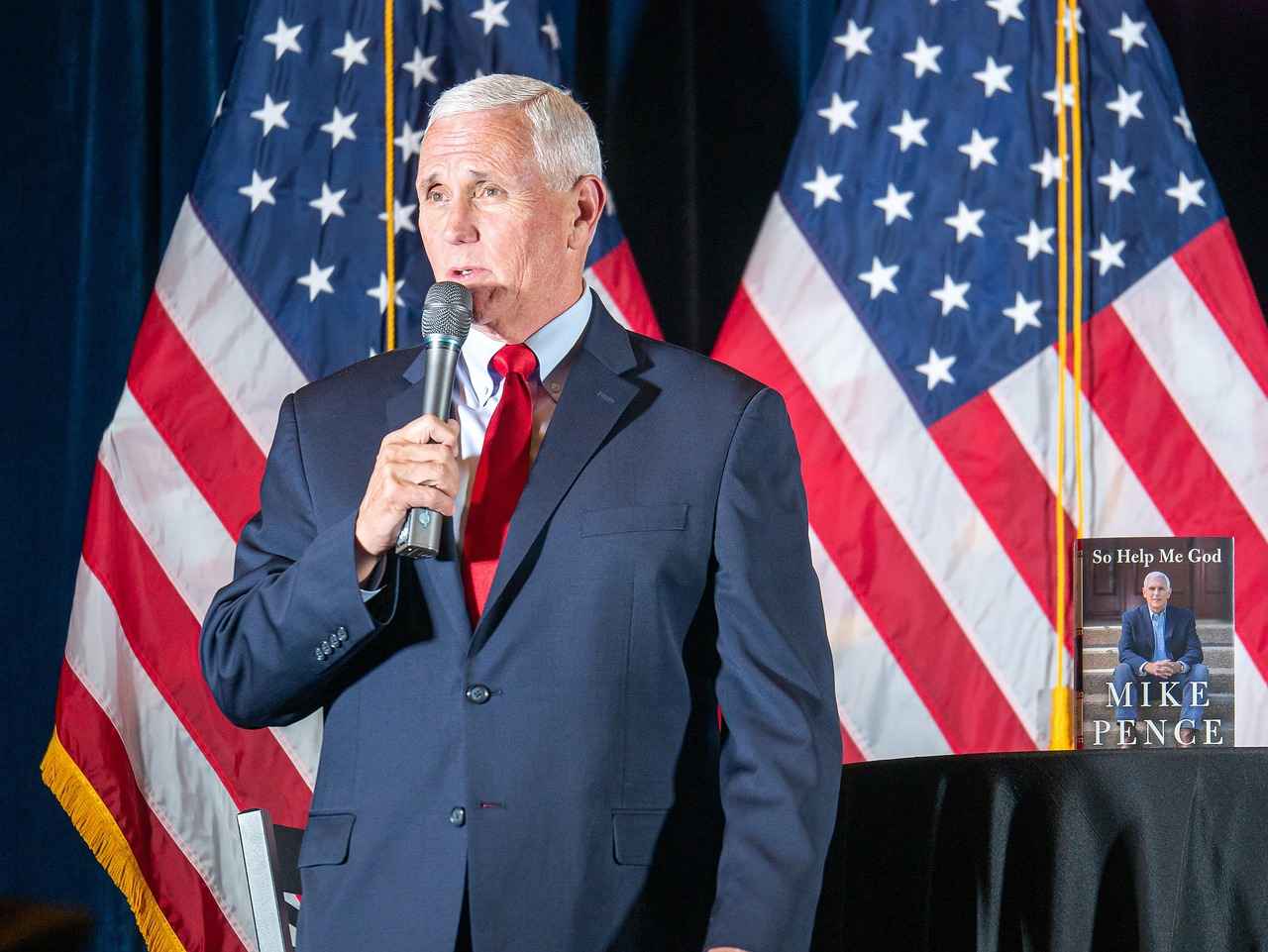
Impact of Local Issues on Elections
In the realm of electoral politics, local issues play a pivotal role in shaping voter preferences and decisions. As the upcoming municipal elections in West Bengal draw near, understanding these local concerns is essential for both candidates and voters. This section delves into the pressing issues that are likely to sway voter behavior, including infrastructure, sanitation, and public safety.
Infrastructure: The Backbone of Development
Infrastructure development is a critical concern for voters. Poor roads, inadequate public transport, and lack of essential services can frustrate residents and influence their voting choices. Candidates who prioritize infrastructure improvements are likely to gain the support of constituents who seek better connectivity and accessibility.
Sanitation: A Key Public Health Concern
Sanitation issues, including waste management and clean drinking water, are vital for public health. Voters are increasingly aware of the links between sanitation and health outcomes. Addressing these concerns can significantly impact a candidate’s appeal, as residents desire a cleaner and healthier environment.
Public Safety: Ensuring Community Security
Public safety remains a top priority for many voters. Issues such as crime rates, police presence, and emergency response times are often at the forefront of voters’ minds. Candidates who present effective strategies for enhancing community safety can resonate with voters who prioritize security in their neighborhoods.
Conclusion: The Power of Local Issues
As the municipal elections approach, the influence of local issues on voting behavior cannot be underestimated. Candidates who effectively address infrastructure, sanitation, and public safety concerns are likely to resonate with voters, ultimately shaping the future of local governance in West Bengal.
Community Engagement and Voter Awareness
are vital components of a thriving democracy. As we approach the municipal elections in West Bengal, it becomes increasingly important to foster a sense of participation among citizens. This section delves into various initiatives designed to enhance voter awareness and encourage active involvement in the electoral process.
One of the primary goals of community engagement is to ensure that every eligible voter is informed about their rights and responsibilities. Educational campaigns play a crucial role in this regard. These campaigns often utilize a mix of traditional media, such as newspapers and radio, along with digital platforms to reach a broader audience. For example, local organizations and government bodies collaborate to host workshops and seminars that provide essential information on the voting process, candidate platforms, and important deadlines.
Moreover, grassroots movements have emerged as a powerful force in mobilizing voters. These initiatives often focus on underrepresented communities, ensuring that marginalized voices are heard and considered in the electoral process. By organizing community meetings and door-to-door outreach, these movements help to break down barriers to participation and foster a more inclusive political environment.
Social media also plays a pivotal role in enhancing voter awareness. Platforms like Facebook, Twitter, and Instagram serve as effective channels for disseminating information about the elections. Candidates and political parties are increasingly utilizing these platforms to engage with voters directly, share their visions, and encourage participation. This digital engagement is particularly important for younger voters, who are more likely to seek information online.
In conclusion, community engagement and voter awareness are essential for ensuring a healthy democratic process. By implementing comprehensive educational initiatives, fostering grassroots movements, and leveraging social media, we can create an informed electorate that actively participates in shaping the future of local governance in West Bengal.
The Role of Social Media
The Role of Social Media in Modern Elections
In today’s digital age, social media has become an indispensable tool in the electoral landscape. Candidates and political parties are increasingly utilizing platforms like Facebook, Twitter, and Instagram to engage with voters and promote their agendas effectively.
One of the most significant advantages of social media is its ability to reach a vast audience quickly. Unlike traditional campaigning methods, which can be time-consuming and costly, social media allows candidates to disseminate information rapidly and interact with constituents in real-time. This direct line of communication fosters a sense of community and encourages voter participation.
Moreover, social media platforms provide a space for candidates to showcase their personalities and values, often through authentic storytelling. This approach helps to humanize candidates, making them more relatable to voters. For instance, sharing personal anecdotes or community-focused initiatives can resonate deeply with the electorate, influencing their voting decisions.
Additionally, social media serves as a powerful tool for targeted advertising. Candidates can tailor their messages to specific demographics based on interests, location, and online behavior, ensuring that their campaign reaches the most relevant audiences. This level of customization can significantly enhance the effectiveness of campaign strategies.
However, the influence of social media is not without its challenges. The rapid spread of misinformation can mislead voters and distort public perception. Candidates must navigate this landscape carefully, employing fact-checking measures and promoting transparency to build trust with their audience.
In conclusion, social media plays a pivotal role in shaping modern elections by offering unique opportunities for engagement and outreach. As candidates continue to harness these digital platforms, the dynamics of voter interaction and campaign strategies will undoubtedly evolve, making social media an essential component of the electoral process.

Conclusion: The Future of Local Governance in West Bengal
As the municipal elections in West Bengal draw near, the political landscape is poised for significant transformation. The outcomes of these elections will not only determine the governance structure at the local level but also reflect the sentiments and aspirations of the residents. The implications of these elections are profound, influencing various aspects of daily life and the political dynamics within the state.
Local Governance Impact: The elected representatives will play a crucial role in addressing pressing issues such as infrastructure development, sanitation, education, and public safety. The effectiveness of local governance hinges on the ability of elected officials to respond to the needs of their constituents. Residents are eager to see how their votes will translate into tangible improvements in their communities.
Political Dynamics Shift: The elections are expected to reshape alliances and rivalries among political parties. With major players like the Trinamool Congress (TMC) and the Bharatiya Janata Party (BJP) contesting vigorously, the results will likely alter the balance of power. Observers are keenly watching how voter sentiment shifts in response to local issues and campaign strategies.
Community Involvement: Voter engagement is paramount in this electoral process. Initiatives aimed at raising awareness and encouraging participation are crucial for a healthy democracy. The involvement of local communities in the electoral process will not only enhance voter turnout but also ensure that elected officials are held accountable to their constituents.
Looking Ahead: As the elections approach, the anticipation among residents is palpable. The decisions made at the ballot box will have lasting effects on governance, community development, and political representation in West Bengal. It is essential for voters to remain informed and engaged, as their participation will ultimately shape the future of their local governance.
Frequently Asked Questions
- What is the voter registration deadline for the upcoming municipal elections?
The voter registration deadline is crucial for ensuring you can participate in the elections. Typically, it falls a few weeks before the election date, so make sure to check the official Election Commission website for the exact date!
- How can I register to vote online in West Bengal?
Registering online is super easy! Just visit the Election Commission’s official site, fill out the online form, and upload the necessary documents. It’s as simple as ordering your favorite pizza!
- What are the eligibility criteria for voters in West Bengal?
To vote, you need to be at least 18 years old, a resident of West Bengal, and an Indian citizen. If you tick all these boxes, you’re good to go!
- How can candidates file their nominations for the municipal elections?
Candidates must submit their nomination papers to the local election office along with a deposit fee. It’s important they do this within the specified nomination period, or they might miss their chance!
- Which political parties are contesting in the municipal elections?
Major players include the Trinamool Congress (TMC) and the Bharatiya Janata Party (BJP). Each party has its own strategies and issues they’re focusing on to win over voters!
- How does local infrastructure impact voter decisions?
Local issues like roads, sanitation, and safety can significantly sway voter opinions. If a party addresses these concerns effectively, they may gain a competitive edge in the elections!
